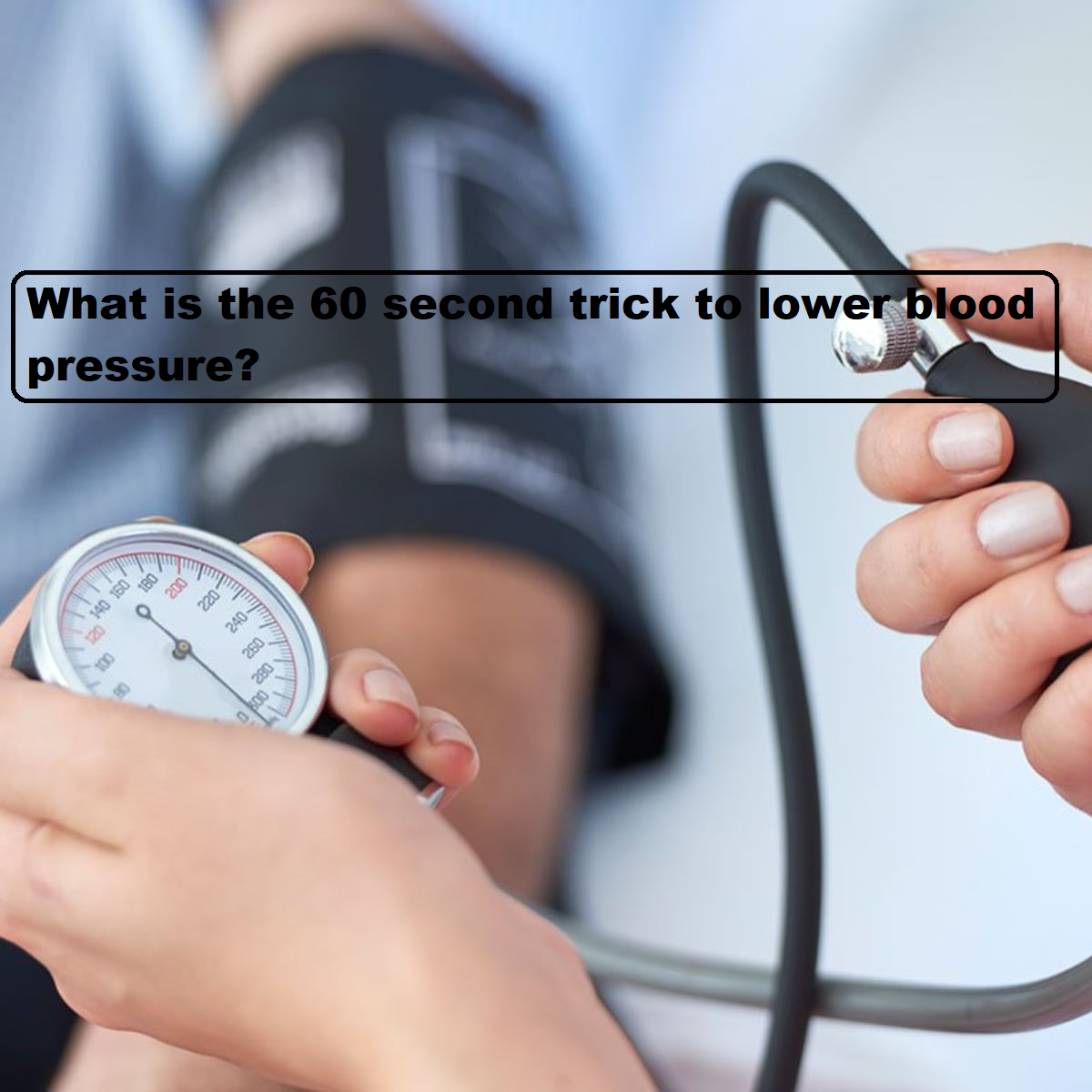Port Sudan – Aerial attacks by Sudan’s paramilitary Rapid Support Forces (RSF) have plunged the coastal city of Port Sudan into crisis, disrupting vital infrastructure and threatening the city’s status as a humanitarian lifeline amid the country’s ongoing civil war.
For nearly a week, RSF drones have targeted key facilities, including three major fuel depots, igniting fires that continue to burn. The resulting fuel shortage has severely impacted daily life — most notably the city’s water supply. Without diesel to power groundwater pumps, water has become scarce and prices have skyrocketed.
“I used to pay 2,000 Sudanese pounds for a day’s water; now it costs over five times that,” said 26-year-old Mutasim, a displaced resident who moved to Port Sudan two years ago. He lives with seven family members and fears they won’t be able to afford basic necessities if the situation worsens.
Port Sudan No Longer a Safe Haven
Once considered a refuge from Sudan’s civil war, Port Sudan had remained relatively secure until this recent wave of attacks. Many like Mutasim fled cities such as Omdurman and Khartoum in search of safety. However, the RSF’s latest escalation has shattered that sense of security.
“We were starting to rebuild our lives here. Now we’re thinking about leaving again — but where do we go?” Mutasim asked.
Another displaced resident, Hawa Mustafa, a teacher from el-Geneina in Darfur, said the attacks have brought back traumatic memories. “The sound of drones and missiles reminds me of the first days of war. I’m afraid for my children’s future,” she said. Her husband remains trapped in Darfur due to worsening violence.
Fuel Shortages, Blackouts, and Rising Fear
Fuel shortages have created long queues at petrol stations, with drivers waiting for hours. Electricity blackouts have worsened, leaving residents struggling to sleep in sweltering heat. “My aunt is over 70 and can’t sleep without a fan. There’s no power, and the nights are unbearable,” said Mutasim.
Mariam Atta, another resident, described the emotional toll: “Life has changed completely. We’re just trying to cope. The fear is constant.”
Humanitarian Operations at Risk
Port Sudan has served as a key hub for humanitarian aid, hosting Sudan’s only functional international airport and main seaport. Organizations like the UN’s World Food Programme (WFP) have used the city to distribute essential food supplies to famine-hit areas.
“In March alone, we moved nearly 20,000 metric tonnes of food — over half of it through Port Sudan,” said Leni Kinzli, a WFP spokesperson. Aid agencies now warn that continued attacks could halt operations, worsening conditions in already famine-stricken regions.
Shashwat Saraf of the Norwegian Refugee Council stressed the urgency: “These attacks could severely constrain the delivery of life-saving supplies. Finding alternative routes into Sudan will be very difficult.”
A City in Darkness and Uncertainty
Once lively at night, Port Sudan is now quiet and dim, with electricity cuts and fear keeping people indoors. The coastal gatherings and football viewings at cafes are gone, replaced by silence and uncertainty about what comes next.
As the conflict drags on and aid access narrows, the humanitarian crisis in Sudan deepens — and even the country’s most stable city is no longer spared.
For more verified global news and humanitarian updates, visit BlogHear.com




